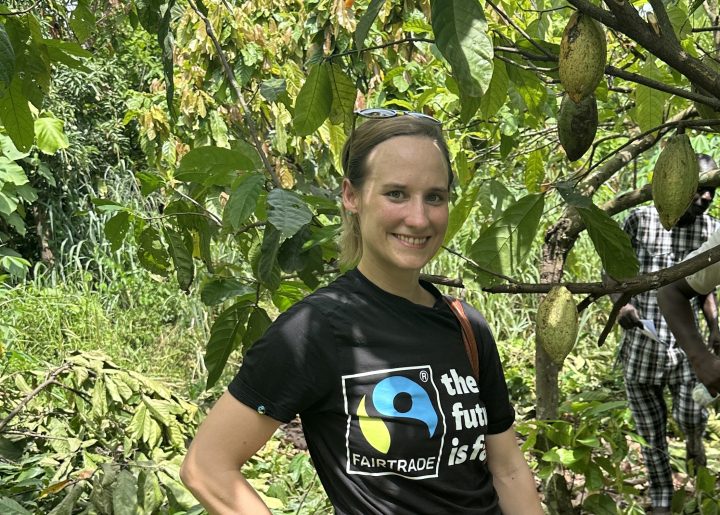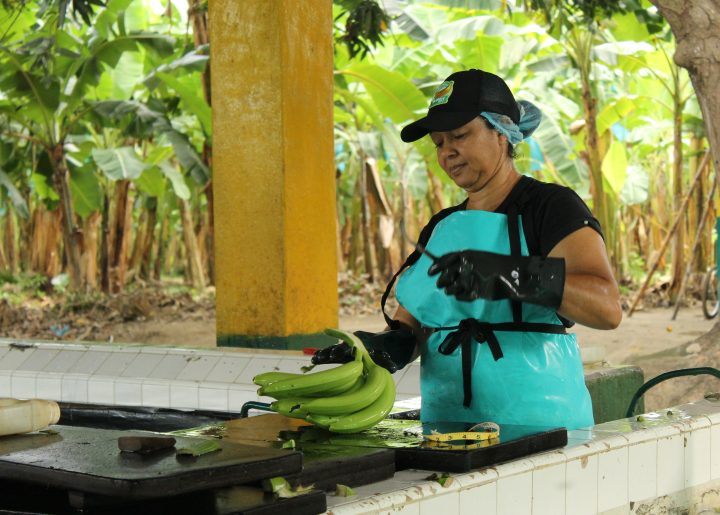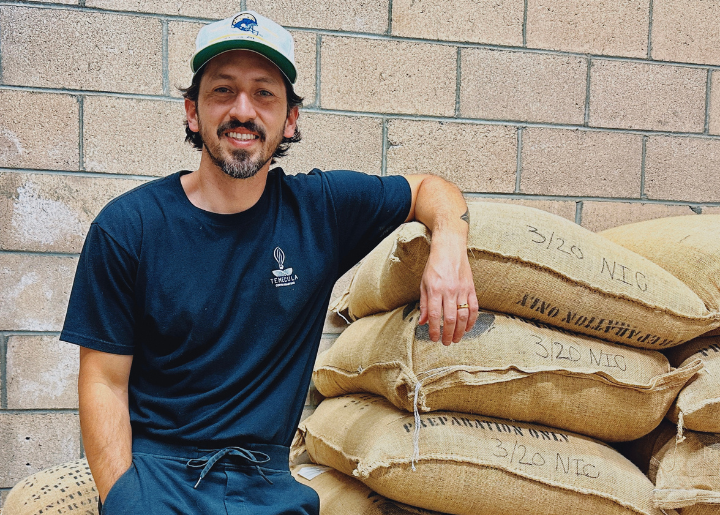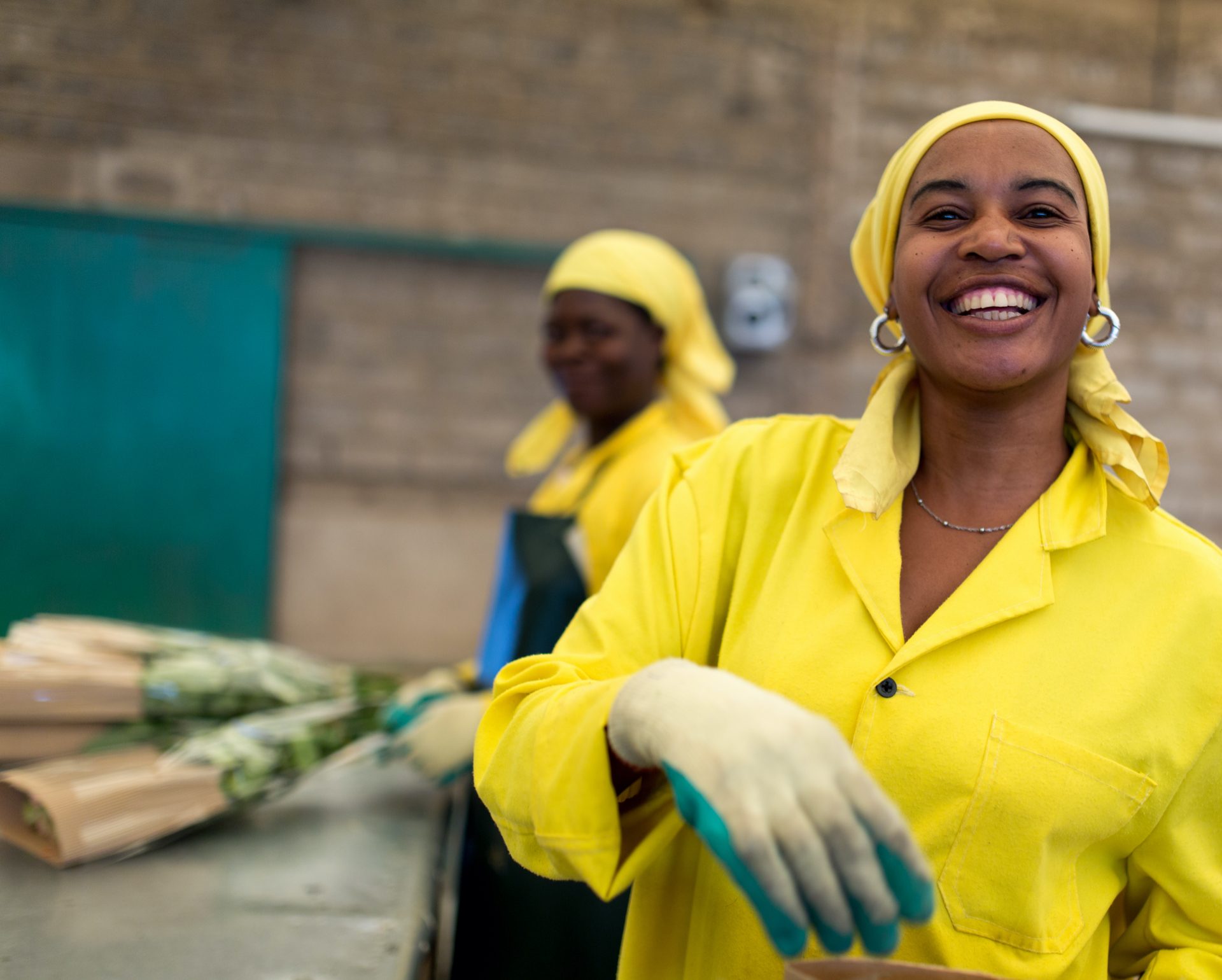Op-ed: Inflation without borders – cocoa farming may soon be impossible
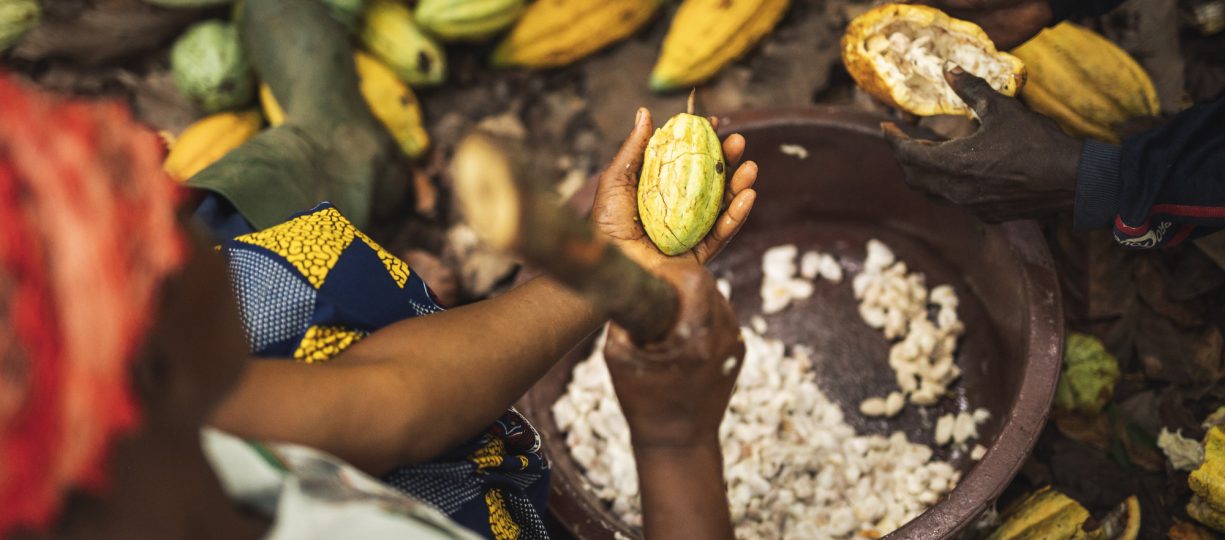
Carlos Urmeneta is the director of commercial partnerships at Fairtrade America, the world’s most recognized label for social justice and sustainability and has 20 years of international trade and development experience, including work in Africa, Asia and Latin America on regenerative agriculture, sustainable supply chains, market-based solutions to global issues, and partnership development.
Inflation without borders – cocoa farming may soon be impossible
While trips to the grocery store can feel overwhelming with rising prices and potential shortages, it’s important for U.S. shoppers to remember that our dollars and how we spend them can play a powerful part in the lives of others. The unfortunate reality is that the same issues impacting our wallets in the U.S. are also impacting farmers in low income countries – only more so. Our collective choices here affect farmers’ livelihoods across the globe.
Many cocoa farmers in West Africa make less than $1/day for their work, far below the international poverty line, yet their costs for growing and producing cocoa have only increased, making it harder to earn a profit. In fact, farmers are among the lowest earners from a tonne of sold cocoa – accounting for just 6.6% of the value of the final sales. This makes it so many of the farmers that grow products we rely on everyday struggle to feed their own families.
While ethical certifiers and their partners work to get farmers a fairer deal, it isn’t enough. Cocoa farmers are saying it isn’t enough. A recent study from Mainlevel Consulting found that certification systems help, but compounding challenges like climate change, COVID-19, and rising production costs are undercutting any progress.
Costs are also increasing for inputs like fertilizers and fuel, but the prices farmers are paid for cocoa have remained stagnant. With volatile markets, damage to a farm from extreme weather caused by climate change could make or break a farming season and potentially permanently remove any source of income if farmers don’t have the means to rebuild.
Certifications can’t fix supply chains alone. We must come together as consumers, businesses and governments to make sure farmers make a decent living.
As a shopper, you can make a difference by choosing fair- and sustainably-sourced options on your next trip to the grocery store. Americans eat 12 pounds of chocolate per year on average. Imagine if all of that chocolate was made with people and the planet in mind. In 2021, U.S. consumers shared they were willing to pay 30% more for a chocolate bar that’s sourced ethically. Now is the time to make that change.
Shoppers can’t do it alone, though. Business leaders need to prioritize the wellbeing of people throughout their supply chain by paying a fair price and ensuring they have transparency and traceability.
Businesses and governments also play a critical role in supporting adaptive measures to combat climate change, including distributing the $100 billion in funds pledged by world leaders in the Paris Climate Accord to farmers to help them better navigate the effects of climate change.
Solomon Boateng, a Risk & Certification IMS Manager for the Kuapa Kokoo Farmers Union in Kumasi, Ghana, West Africa recently shared how his cooperative utilized Fairtrade Premium funds to buy 150,000 shade trees so that the 100,000+ farmers in their community can protect cocoa plants from increasing heat and drought. Farmers know what they need to do to combat the climate’s effects. They just need the resources to do it.
Policymakers must require corporations to protect the environment and human rights, as well as prohibit child labor throughout supply chains.
We can all still remember vividly the isolation, fear, and desperation of the early days of the pandemic – and also people’s resilience and heart. People innovated and transformed to meet the new needs of their neighbors and communities. We just need to stop thinking of that community as limited to the borders of our country.
As you fill your grocery cart, consider the people behind your products.
Business leaders need to think about who (not just where) their products come from.
We all have the power to influence the global supply chain – as shoppers, businesses, and policymakers. We can do better. Let’s do it together.
Topics
We’re in this together
Fairtrade America partners with brands on the journey to certification and beyond. We can help with everything from finding a certified supply chain to marketing your newly certified product.
Get in Touch
